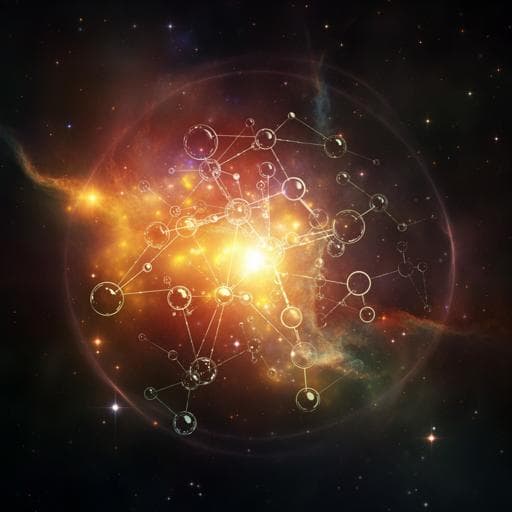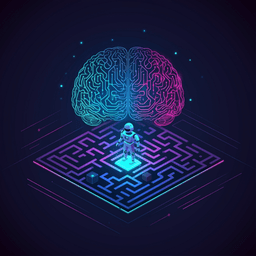
Psychology
Automating psychological hypothesis generation with AI: when large language models meet causal graph
S. Tong, K. Mao, et al.
This groundbreaking study by Song Tong, Kai Mao, Zhen Huang, Yukun Zhao, and Kaiping Peng uncovers a revolutionary method for generating psychological hypotheses by merging causal knowledge graphs with large language models. The researchers have successfully produced innovative hypotheses on well-being that rival expert insights, paving the way for automated discovery in psychology.
Related Publications
Explore these studies to deepen your understanding of the subject.







